Předmět, místo, čas... (B1)
Word order (360)
Slovosled anglické věty
Slovosled anglické věty – procvičování:
I met Aline at a café two years ago. She caught my attention immediately.
| 1. předmět: |
Aline
|
| 2. místo: |
at a café
|
| 3. čas: |
two years ago
|


O slovosledu (word order) ve větě obecně platí:
- Předmět je hned za slovesem:
I met Aline at a café.
- Způsob → místo → čas:
She's smiling cheerfully at the café today.
- Slovíčka typu ALWAYS, NEVER, USUALLY a také ALL a BOTH jsou před jednoslovným slovesem, za slovesem BE nebo mezi dvěma slovesy:
She always smiles at me.She is always busy.She has always smiled at me.

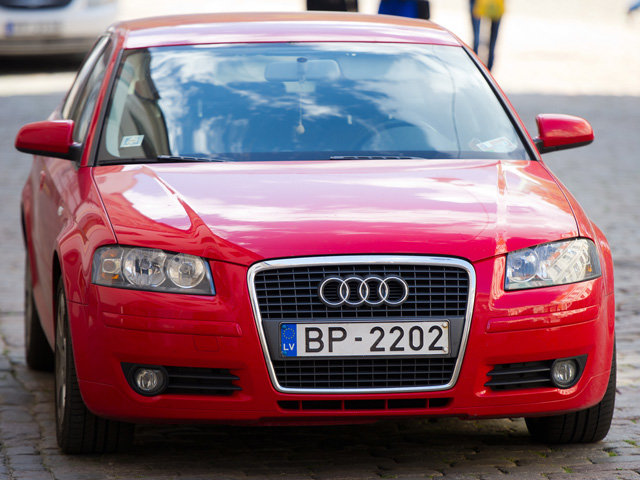



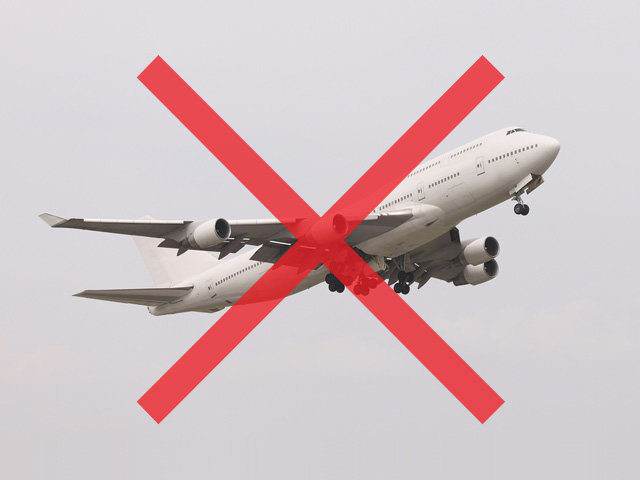

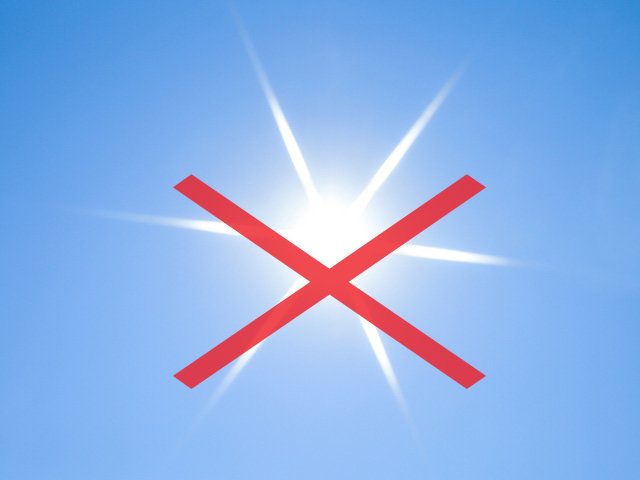
Předmět bývá hned za slovesem
|
Did you see him at the party yesterday?
|
|
Linda speaks German fluently.
|
|
I'd like to sell the motorbike soon.
|
Neříkáme obvykle: Did you see at the party HIM...?; Did you see yesterday HIM...?
Are you going to invite a lot of people to the wedding?
| ...invite a lot of people to the wedding? |
| ...invite to the wedding a lot of people? |


I'll send you a postcard from every country I go to.
|
I'll send you a postcard from every country.
|
|
I'll bring them a present to London.
|
|
I'll buy her a ring tomorrow.
|

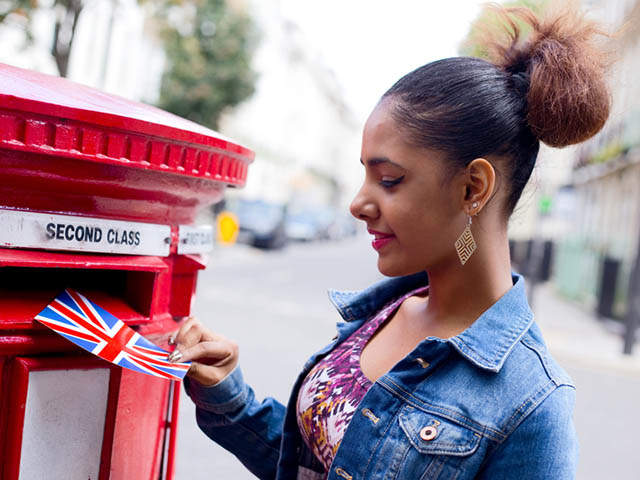
Způsob → místo → čas
Způsob, místo a čas používáme často až za předmětem:
|
We have to repair the roof (předmět) quickly (způsob).
|
|
Let's get something (předmět) at the market (místo).
|
|
Did you play soccer (předmět) last Friday (čas)?
|
Obvykle používáme:
- Způsob (quickly, well, happily...)
- Místo (on the roof, in Europe, at the airport...)
- Čas (at noon, next Monday, in 1999...)
|
It was raining heavily (způsob) in the morning (čas).
|
|
How about we walk slowly (způsob) along the beach (místo)?
|
|
We went to Italy (místo) in June (čas).
|
|
They worked together closely (způsob) for years (čas).
|
Jimmy was playing the guitar amazingly last night!
| 1. předmět: |
the guitar
|
| 2. způsob: |
amazingly
|
| 3. čas: |
last night
|


I think I left my passport on the train yesterday.
| 1. předmět: |
my passport
|
| 2. místo: |
on the train
|
| 3. čas: |
yesterday
|


Look at the cat. She's resting so peacefully on the sofa.
| 1. způsob: |
so peacefully
|
| 2. místo: |
on the sofa
|


Pro zdůraznění můžeme dát čas na začátek věty:
|
It gets dark early in winter.
|
In winter, it gets dark early.
|
|
Many shops are closed on Sunday.
|
On Sunday, many shops are closed.
|
Next month, Rebecca will be moving into her own flat.
|
Next month, she'll be moving.
|
|
She'll be moving next month.
|


She always smiled, she was always, she has always smiled...
Slovíčka četnosti – ALWAYS, NEVER, USUALLY, OFTEN a HARDLY – jsou obvykle blízko slovesa:
|
Nick always cooks on Sundays.
|
|
I have never been to the USA.
|
|
What time do you usually get up?
|
|
They hardly ever see each other.
|
ALWAYS, NEVER... používáme před jednoslovným slovesem (cook, work, watch...), ale za slovesem BE:
|
Nick always cooks on Sundays.
|
|
Nick always works from Monday to Friday.
|
|
Nick always watches TV before bed.
|
|
Nick's always busy.
|
ALWAYS, NEVER... používáme mezi více slovesy:
|
Nick has always cooked on Sundays.
|
|
Nick should always cook on Sundays.
|
|
Does Nick always cook on Sundays?
|








Emily is so wrapped up in her work that she hardly takes time to eat and sleep.
| Jednoslovné sloveso: |
| She hardly takes... |
| She never takes... |
| She usually studies... |


Do you often go surfing at this spot?
| Do you often go...? |
| Have you always surfed...? |


I don't usually spend so much money on clothes, but I have to get this cotton dress.
| I don't usually spend... |
| I don't often spend... |
| I never spend... |


Stejně jako ALWAYS, NEVER... používáme např. také PROBABLY, ALSO, ALMOST a DEFINITELY:
|
She probably travels very often.
|
|
She's also a musician.
|
|
She's almost spilled the coffee.
|
|
She'll be definitely waiting at the airport.
|
PROBABLY bývá před záporem:
|
I probably won't be able to help you.
|
|
I will probably not be able to help you.
|








I'm also in New York. How about we meet up next week?
| Sloveso BE: |
| I'm also... |
| I also am... |


Don't bother calling Cindy. She will probably not pick up.
|
She will probably not pick up.
|
|
She probably won't pick up.
|

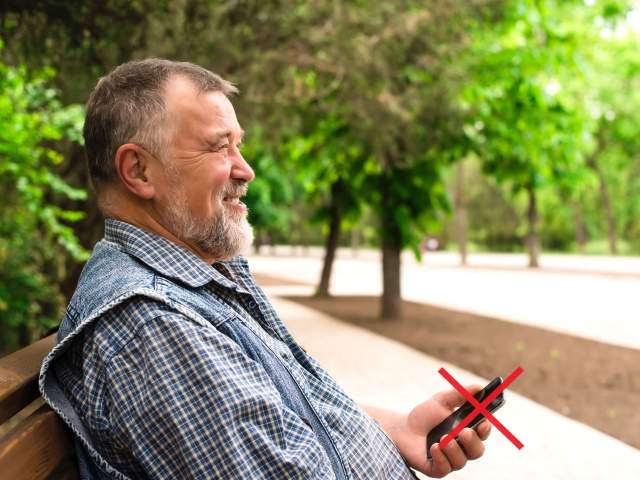
They both smiled, they were both, they have both smiled...
ALL a BOTH používáme obvykle stejně jako ALWAYS, NEVER...:
|
We all went to the pub.
|
|
My children are both teenagers.
|
|
Tim and Karen have both been to Bali.
|
|
They'll all leave soon.
|




Mark and Robin are both good friends of mine. They both lived with me in Sydney.
| They both are are both... |
| They lived both both lived... |


Did you all spend your last day at the river together?
| Did you spend all all spend...? |

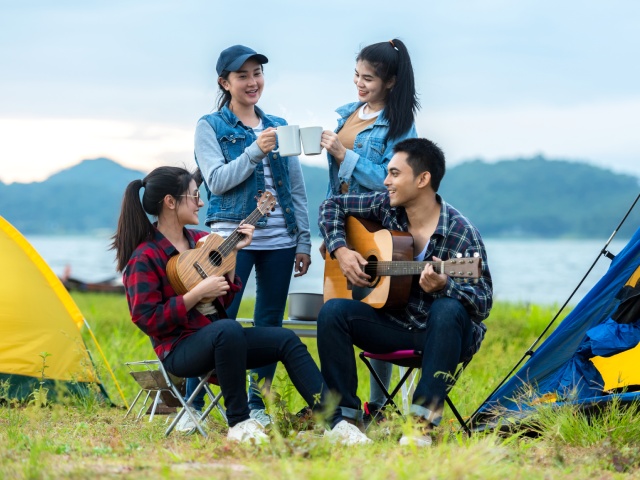
He always does, he never has, he usually is...
Ve zkrácených větách je ALWAYS, NEVER... před pomocným slovesem (does, have, is...):
|
I don't cook on Sundays, Nick always does.
|
|
I've been to the US, Nick never has.
|
|
I'm not busy at the weekend, but Nick usually is.
|
Více o zkrácených větách v lekci: Krátké odpovědi
Porovnejte:
| Zkrácená věta | Nezkrácená věta |
|---|---|
|
I don't cook, he always does.
|
I don't cook, he always cooks.
|
|
I've been to the US, he never has.
|
I've been to the US, he has never been there.
|
|
I'm not busy, but he usually is.
|
I'm not busy, but he is usually busy.
|
You said you'd be out with the dogs more, but you hardly ever are.
| ...but you hardly ever are. |
| ...but you are hardly ever out with them. |

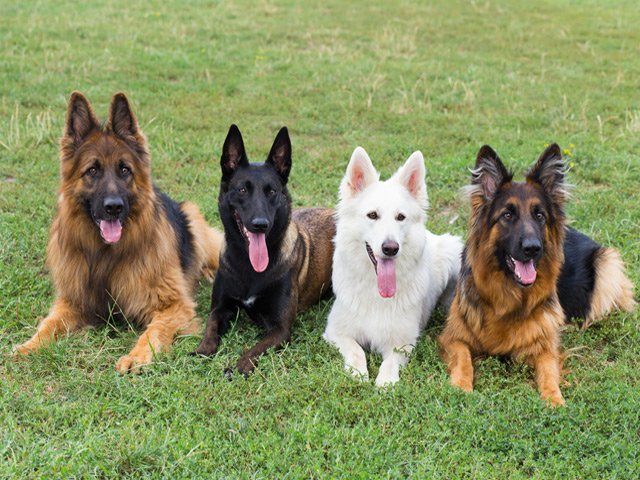
Anglický slovosled (word order) – nejdůležitější body:
- Předmět je hned za slovesem:
I met her at a café.
- Způsob → místo → čas:
I went quickly to the café yesterday.
- ALWAYS, NEVER... jsou před jednoslovným slovesem, za slovesem BE nebo mezi dvěma slovesy:
I always go by bike.I'm always on my bike.I have always gone by bike.
- Ve zkrácených větách je ALWAYS, NEVER... před pomocným slovesem:
I said I wouldn't be there, but I always am.
Doporučujeme si procvičit postavení předmětu, místa, času... v našich cvičeních.
